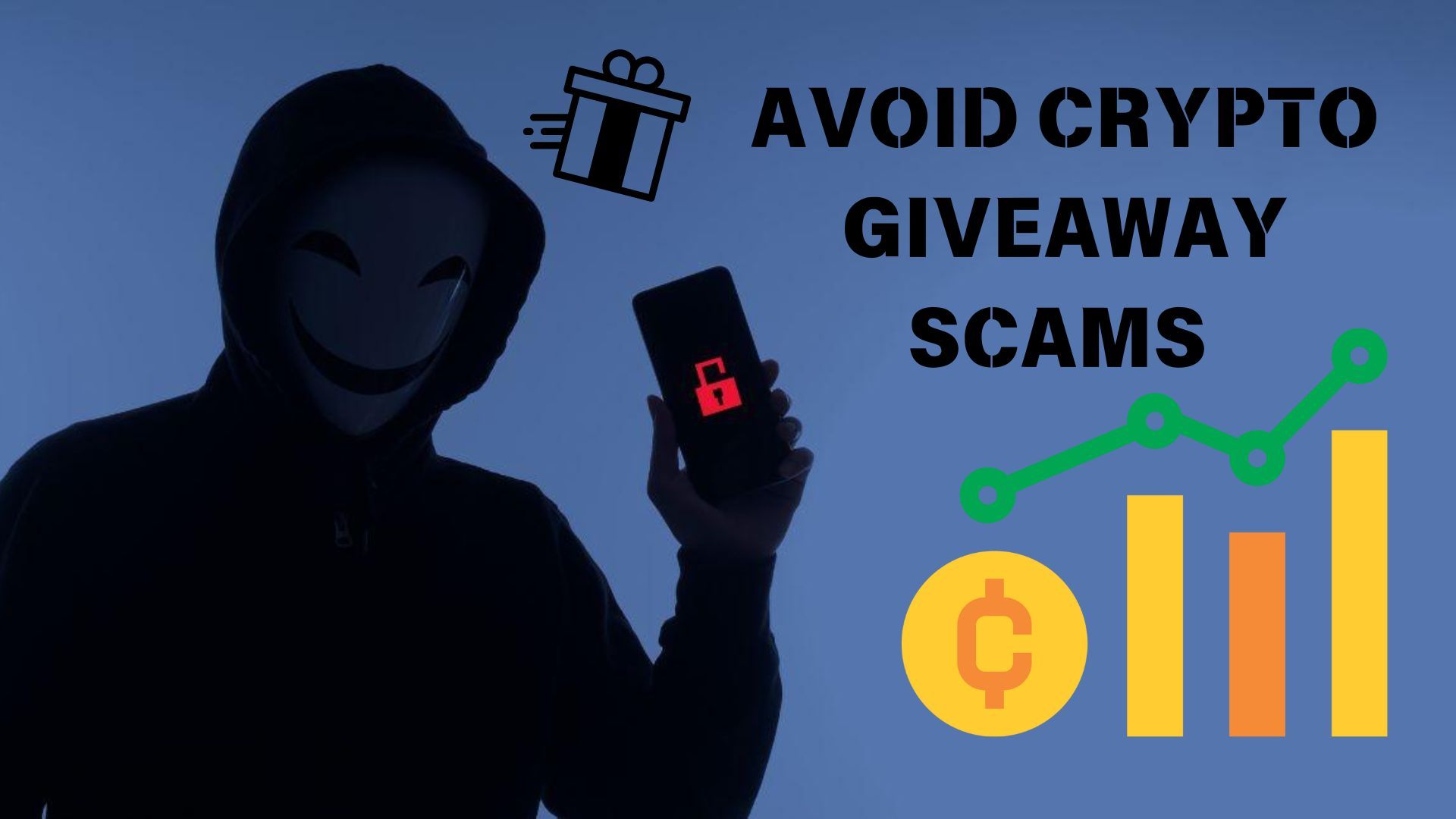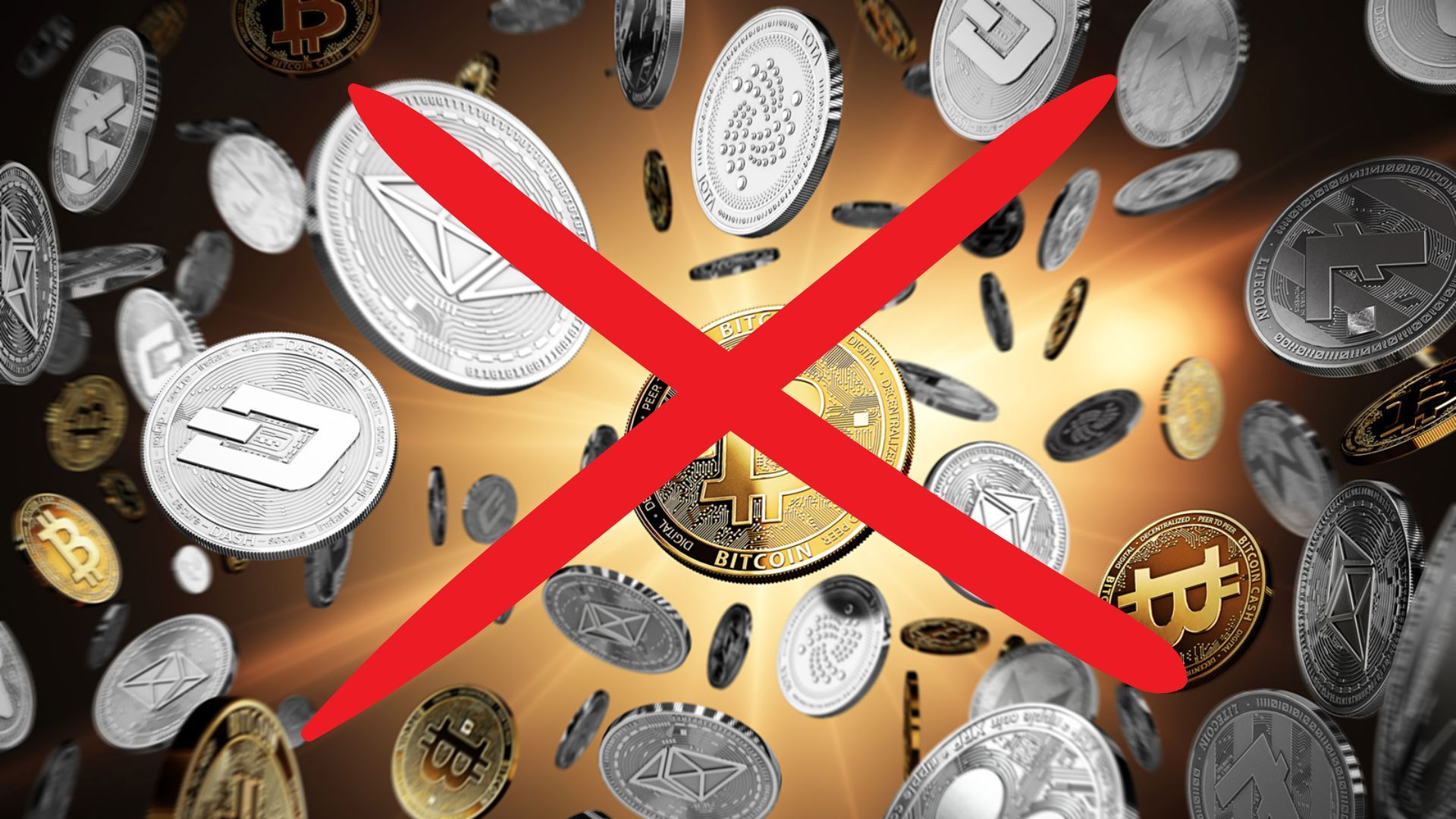The cryptocurrency landscape is teeming with opportunities for wealth creation, innovation, and community engagement. However, it is also riddled with a variety of scams that prey on unsuspecting individuals, particularly those who are new to the world of digital currencies. Among these, crypto giveaway scams have emerged as one of the most common and pernicious threats. Promising easy money, these scams often involve fake offers claiming to give away free cryptocurrencies or tokens in exchange for minimal effort. Despite heightened awareness about such schemes, many still fall prey to their deceptive tactics.
In this extensive guide, we will explore what crypto giveaway scams are, analyze why they continue to thrive, examine some notable scams that have occurred, and provide insights on how to identify and avoid these fraudulent schemes. By the end, readers will have a clearer understanding of how to navigate the crypto landscape safely and confidently.
What Are Crypto Giveaway Scams?
Crypto giveaway scams are deceptive schemes that typically involve fraudsters pretending to offer free cryptocurrency or tokens in an enticing manner. These scams can manifest in various forms, including social media promotions, fake websites, and email campaigns. The common thread among them is the allure of receiving something for nothing, which is a powerful motivator for many individuals.

Common Features of Crypto Giveaway Scams
- Impersonation: Scammers often impersonate well-known figures in the cryptocurrency community—entrepreneurs, influencers, or companies—to lend credibility to their offers. They create fake social media profiles, websites, or videos that look convincing but are designed solely to deceive.
- High Rewards with Minimal Effort: These scams typically promise high rewards for minimal actions, such as retweeting a post, sending a small amount of cryptocurrency, or providing personal information. The offers often claim to “double” or “triple” the investment.
- Urgency: Scammers frequently create a false sense of urgency, stating that the offer is time-sensitive or that there are limited spots available. This pressure can lead individuals to act impulsively without thoroughly investigating the legitimacy of the offer.
- Requests for Small Payments: Many scams require victims to send a small amount of cryptocurrency to “verify” their participation. Once the payment is made, the scammer disappears, leaving the victim empty-handed.
- Fake Endorsements and Testimonials: To make their scams more convincing, fraudsters often use fabricated testimonials or fake endorsements from recognizable names in the crypto space, making it seem as though the offer has legitimate backing.
Why Are Crypto Giveaway Scams Still Successful?

Despite growing awareness about these scams, they continue to ensnare many victims. Several key factors contribute to their ongoing success:
- Lack of Awareness and Knowledge: Many newcomers to cryptocurrency lack the necessary knowledge to discern genuine offers from scams. The complexity of the crypto world can make it difficult for individuals to understand the intricacies of legitimate investment opportunities.
- Psychological Manipulation: Scammers employ psychological tactics that exploit common human emotions. The allure of “free” money can trigger greed, while the fear of missing out (FOMO) can compel individuals to act quickly and without due diligence.
- Rapidly Evolving Landscape: The cryptocurrency space is dynamic, with new projects and tokens emerging regularly. This constant flux can overwhelm individuals and lead to poor decision-making, making them more susceptible to scams.
- Trust in Authority Figures: Scammers often leverage the reputation of established figures or organizations in the crypto community. Many people inherently trust these figures, making them more likely to engage with offers that appear to come from credible sources.
- Social Media Amplification: Social media platforms like Twitter, Telegram, and Discord are breeding grounds for these scams. The viral nature of social media can rapidly spread fraudulent offers, increasing the likelihood that individuals will encounter them.
Some Noticeable Crypto Giveaway Scams
Several high-profile crypto giveaway scams have captured public attention, revealing the audacity and reach of these fraudulent activities:
1. Elon Musk Scams

Elon Musk, the CEO of Tesla and SpaceX, has been the target of countless impersonation scams. Scammers created fake Twitter accounts that mimicked Musk’s, promising to double any Bitcoin sent to them. Given Musk’s influence in the crypto community, these scams attracted numerous victims, highlighting how a single figure can be leveraged to perpetrate widespread fraud.
2. Ethereum Foundation Scam

In 2021, a scam claiming to be a giveaway organized by the Ethereum Foundation circulated online. Fraudsters created a fake website and social media accounts, misleading users into believing they could receive free Ether in exchange for a small deposit. Many unsuspecting users sent money, only to realize they had fallen victim to a con.
3. Twitter and Discord Scams

Platforms like Twitter and Discord have become hotspots for giveaway scams. Scammers post fake contests, claiming that users can win large sums of cryptocurrency by merely retweeting a post or joining a chat group. The viral nature of these platforms amplifies these scams, as participants unknowingly contribute to spreading the fraud further.
4. Celebrities and Influencers

Various celebrities and influencers have been impersonated in scams. For example, some scams posing as prominent Bitcoin enthusiasts promised users free Bitcoin in exchange for small fees. The allure of celebrity endorsement adds a layer of credibility, making it easier for scams to ensnare victims.
5. Cryptocurrency Exchange Scams

Even established cryptocurrency exchanges have been targeted by scammers. Fraudulent emails and messages purportedly from exchanges may claim that users are eligible for exclusive giveaways or bonuses, prompting them to click on malicious links or provide sensitive information. These scams can lead to significant financial losses and compromise user security.
How to Identify Crypto Giveaway Scams
Recognizing the signs of crypto giveaway scams can empower individuals to protect themselves effectively. Here are some key indicators to watch out for:
1. Offers That Are Too Good to Be True
If an offer seems excessively generous, it likely is. Promises of substantial returns for minimal effort are classic red flags. Always approach such offers with skepticism and caution.
2. Impersonation of Credible Figures
Be wary of accounts that closely resemble those of reputable figures or organizations. Verify the authenticity of social media accounts by checking for verified badges, official links, and consistency in branding.
3. Requests for Upfront Payments
Legitimate giveaways should never require participants to send money upfront. If an offer asks for a deposit or transaction fee, it’s a strong indication of a scam.

4. Creating a Sense of Urgency
Scammers often create urgency to pressure individuals into acting quickly. If you receive an offer that insists on immediate action, take a moment to think critically and verify its legitimacy before proceeding.
5. Poor Language and Presentation
Many scam messages contain grammatical errors, awkward phrasing, or poorly designed graphics. Professional organizations typically maintain a high standard in their communications, so a lack of professionalism can be a warning sign.
6. Lack of Verification Options
Legitimate giveaways often have verifiable sources and announcements. If you cannot find confirmation on official websites or social media channels, be cautious and consider the offer a potential scam.
7. Requests for Sensitive Information
Never share sensitive information, such as private keys, passwords, or personal identification details, in response to a giveaway. Reputable companies will never ask for such information.
How to Avoid Crypto Giveaway Scams
Awareness and proactive measures are essential for avoiding crypto giveaway scams. Here are practical strategies to help individuals protect themselves:
1. Educate Yourself
Knowledge is your best defense against scams. Familiarize yourself with how cryptocurrencies work, common types of scams, and characteristics of legitimate offers. Being informed will empower you to make sound decisions.
2. Verify Sources
Before participating in any giveaway, verify the legitimacy of the offer. Check official social media accounts or websites for announcements, and look for verified badges on platforms like Twitter.

3. Maintain a Skeptical Mindset
Adopt a cautious mindset when encountering offers that seem overly generous. If it sounds too good to be true, take a step back and assess the situation critically.
4. Avoid Sharing Personal Information
Never share sensitive information in response to a giveaway. Legitimate organizations will not ask for private keys, passwords, or personal identification details.
5. Use Trusted Platforms
Stick to reputable exchanges and platforms for your crypto transactions. Avoid engaging with unknown or suspicious websites, and always conduct thorough research before proceeding.
6. Report Scams
If you encounter a scam, report it to the relevant platforms and authorities. Reporting scams helps raise awareness and can prevent others from falling victim.
7. Enable Security Features
Utilize security features such as two-factor authentication (2FA) on your accounts. This adds an extra layer of protection and can help secure your funds from unauthorized access.
8. Seek Community Guidance
Engage with the crypto community through forums, social media groups, and trusted platforms. The collective knowledge and experiences of other users can provide valuable insights into potential risks.
9. Keep Software Up to Date
Ensure that your devices and applications are regularly updated to protect against vulnerabilities. Scammers often exploit outdated software to gain access to personal information or accounts.
10. Use Wallets with Good Security Practices
Consider using hardware wallets for storing significant amounts of cryptocurrency. These wallets provide an added layer of security by keeping private keys offline, making it harder for scammers to access your funds.
Conclusion
Crypto giveaway scams represent a significant threat in the world of digital currencies, exploiting the vulnerabilities of individuals seeking quick financial gains. By understanding the mechanics of these scams, recognizing their telltale signs, and implementing protective measures, individuals can better safeguard themselves from falling victim to such fraudulent schemes.
As the cryptocurrency landscape continues to evolve, vigilance and education will be paramount in combating scams and ensuring a safer experience for all participants. Always remember: if an offer seems too good to be true, it probably is. Stay informed, be cautious, and protect your assets in this exciting yet risky realm of digital finance.
In a world where scams are increasingly sophisticated, empowerment through knowledge and community support is the best defense. By sharing information and experiences, we can collectively reduce the prevalence of crypto giveaway scams and foster a safer environment for all crypto enthusiasts. Whether you’re a seasoned investor or just starting, always prioritize security, question suspicious offers, and advocate for awareness in the cryptocurrency community.
Read more: PROOF OF PAYMENT SCAMS

